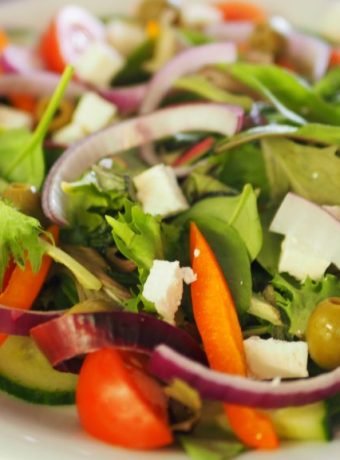Sun butter is one of the alternative spreads that has been progressively growing in acceptance. This creamy, nutty treat, made from sunflower seeds, has made its way into the kitchens and hearts of health-conscious people. We’ll delve deep into the world of sun butter in this comprehensive guide, learning about its history, usage, health advantages, and much more. Prepare yourself for a trip to the sunny side of the spread!
Sun Butter’s Early History
Native American cultures who cultivated sunflowers for their seeds are the originators of sun butter. These seeds had cultural importance in addition to being a staple food.
How Is Sun Butter Produced?
Sunflower seeds are roasted and ground into a smooth, creamy substance to make sun butter. The end product is a spread that is nutrient-dense and flavorful.
Health Advantages
High in Good Fats
Sun butter is an excellent addition to your diet because it contains heart-healthy monounsaturated fats.
Protein-rich (4.2)
Sun butter is an excellent protein source for anyone who wants to increase their consumption of this vital nutrient.
Vitamins and minerals (4.3)
Learn about the astonishing variety of vitamins and minerals present in sun butter, such as magnesium and vitamin E.
Free from allergens
The allergy-friendliness of sun butter is one of its distinguishing qualities. It is a safe option for those with allergies because it is free of common allergens like peanuts and tree nuts.
Sandwiches and Toast in Cuisine
A delightful spread for toast and sandwiches, sun butter has a distinctive flavor.
Baking, 6.
Learn how to use sun butter in your baking recipes to give traditional desserts a nutty touch.
Smoothies, 6.3
Learn how sun butter may give your morning smoothie creaminess and nutrition.
Peanut butter versus sun butter
Examine the variations and similarities between peanut butter and sun butter to help you decide which is best for your dietary requirements.
Sun Butter for Children
Learn why sun butter is an excellent alternative for school lunches and snacks, especially in settings where peanuts are prohibited.
9 Homemade Sun Butter
Learn how to make sun butter at home to control the flavors and ingredients.
The Use of Sun Butter in Nut-Free Diets
Learn how sun butter can be a game-changer for nut allergy people by providing a delectable substitute.
Making Sun Butter a Part of Vegan Diets
Learn how sun butter, a protein-rich plant-based spread, may be consumed by vegans.
Sun Butter Retailers
Find out where to buy sun butter at your neighborhood supermarket or online.
Different Sun Butters
Learn about the various kinds of sun butter offered, including organic, unsweetened, and flavored varieties.
Sun Butter and Loss of Weight
Learn how sun butter in a balanced diet can help those trying to lose weight.
Frequently Asked Questions (FAQs)
Does sun butter work for people who have nut allergies?
Since sun butter is made from sunflower seeds, it provides a secure substitute for people with nut allergies.
What are the nutritional differences between sun butter and almond butter?
Although sun butter and almond butter have comparable nutritional values, sun butter is frequently chosen since it is nut-free.
Can sun butter be used in recipes in place of peanut butter?
Absolutely! In most recipes, sun butter can be substituted for peanut butter 1:1.
What Is Sun Butter, First?
A delicious spread from roasted sunflower seeds is called sun butter, sometimes known as sunflower seed butter. It serves as a healthy and allergy-friendly substitute for regular nut butter.
Is sun butter okay for keto?
Sun butter can be included in a ketogenic diet because it has few carbohydrates.
What possible health advantages does sun butter consumption have?
Regular sun butter use may help manage weight, improve heart health, and offer vital nutrients.




